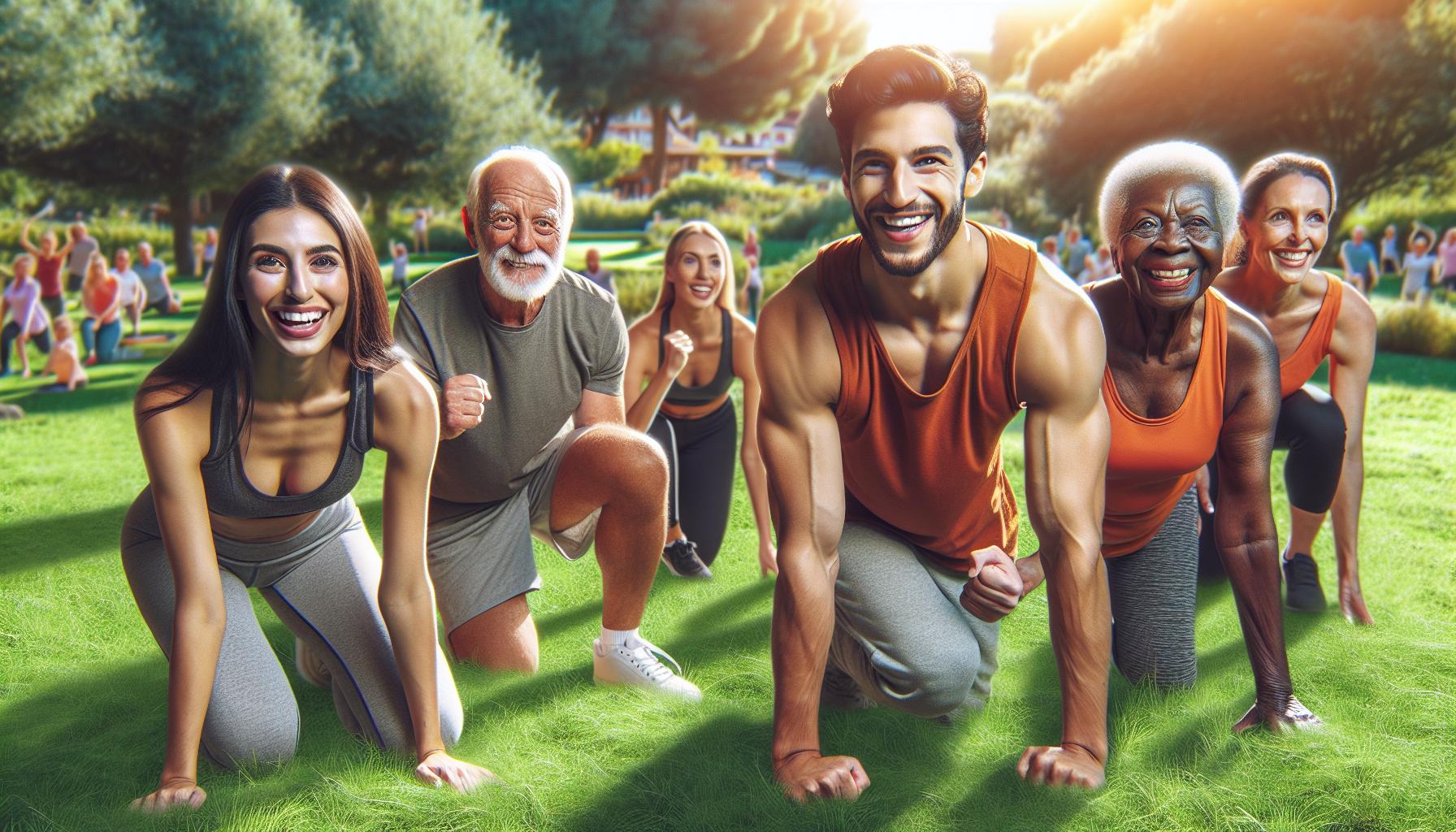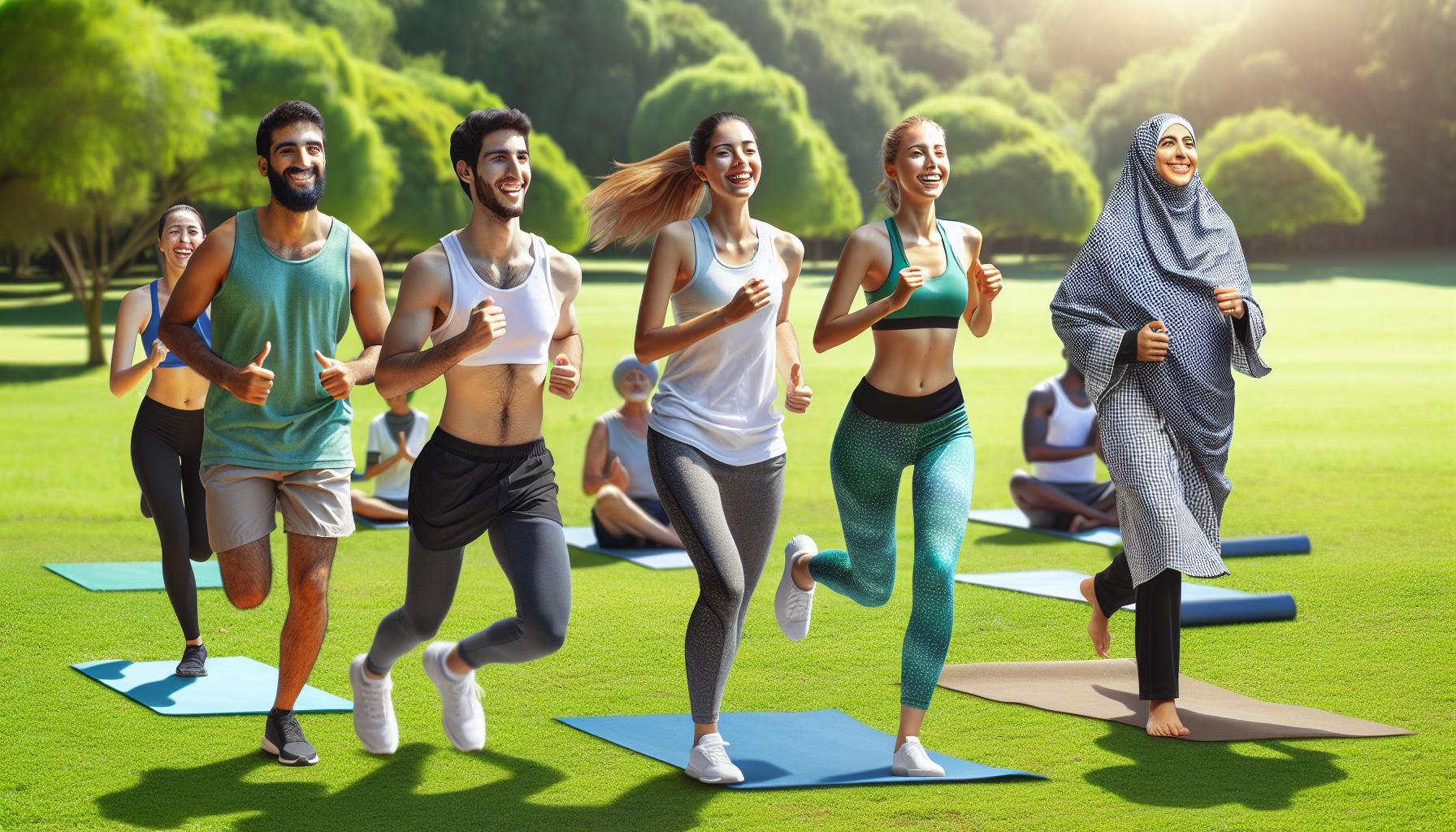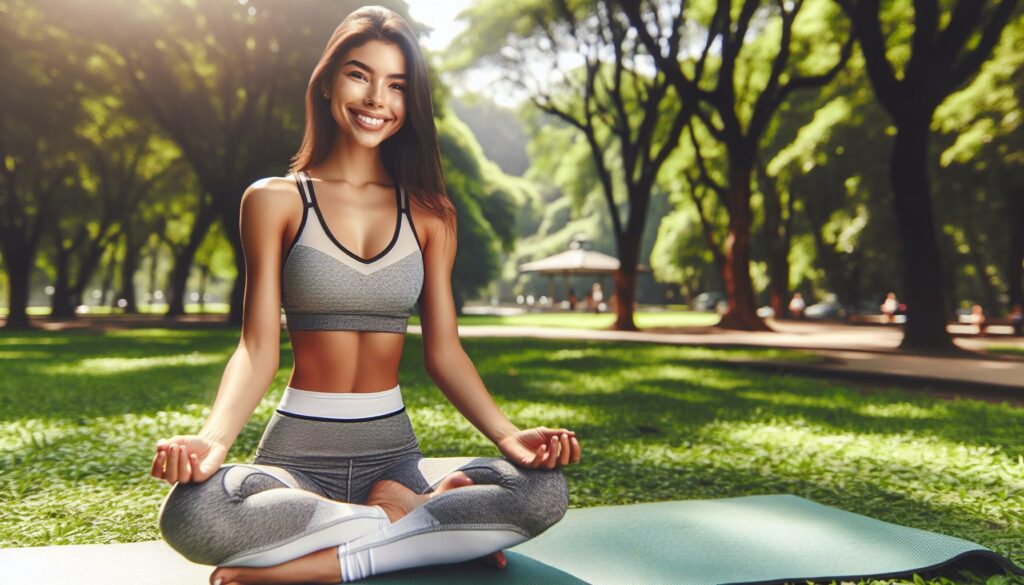Ever notice how a good hair day can make you feel like you could conquer the world? Taking care of oneself physically isn’t just about fitting into those jeans from high school; it’s about boosting that all-important self-esteem. When someone invests time in their health, they’re not just lifting weights or munching on kale—they’re building a fortress of confidence, brick by brick. Physical care transforms the body and mind, creating a powerful synergy that elevates self-worth. It’s like giving yourself a high-five every day. So whether it’s a brisk walk, a yoga class, or even just a little dance party in the living room, those small acts of self-love can lead to a major self-esteem upgrade. Let’s dive into why treating the body right plays a starring role in feeling fabulous about oneself.
Why Does Taking Care of Yourself Physically Contribute to Healthy Self-Esteem
Self-esteem represents an individual’s perception of their worth or value. This vital aspect of mental health influences various areas of life, including relationships, career choices, and personal happiness.
Definition of Self-Esteem
Self-esteem involves the beliefs and feelings someone holds about themselves. It can manifest as positive or negative self-perception. Healthy self-esteem encourages confidence and resilience. Individuals with high self-esteem tend to embrace challenges and pursue goals. Conversely, low self-esteem can result in self-doubt and reluctance to engage in fulfilling opportunities.
Factors Influencing Self-Esteem
Numerous factors influence self-esteem, including personal achievements, social interactions, and cultural background. Achievements in education, work, or personal goals can enhance self-worth. Positive relationships with friends and family provide validation and support. Cultural and societal expectations play a significant role as well, impacting how individuals perceive themselves. Engaging in self-care activities also contributes positively, allowing individuals to nurture their physical and mental well-being.
Physical Self-Care and Its Importance

Physical self-care greatly enhances self-esteem. Engaging in regular self-care practices contributes to a stronger sense of worth and confidence.
Benefits of Physical Self-Care
Physical self-care activities yield numerous benefits. Improved mood follows regular exercise, releasing endorphins that combat stress. Increased energy levels often accompany healthy eating habits, fostering a more active lifestyle. Better sleep patterns emerge from consistent physical care routines, leading to enhanced cognitive function. Lastly, engaging in physical activities can cultivate social connections, further boosting self-esteem through shared experiences.
Different Aspects of Physical Self-Care
Various aspects characterize physical self-care. Nutrition plays a fundamental role by providing essential nutrients for optimal functioning. Exercise encompasses activities like walking, dancing, or yoga, promoting physical fitness and mental clarity. Regular health check-ups ensure overall wellness and early detection of potential issues. Additionally, personal hygiene practices contribute to a positive self-image, leading to improved confidence. Each aspect collectively supports both physical and mental well-being, reinforcing positive self-esteem.
The Connection Between Physical Health and Self-Esteem

Taking care of physical health significantly impacts self-esteem. Engaging in healthy habits cultivates not just better health but also boosts self-worth.
Psychological Effects of Physical Health
Physical health influences mental well-being. A well-functioning body often leads to a positive state of mind. Exercise releases endorphins, which elevate mood and reduce stress. Improved nutrition enhances brain function, fostering clarity and focus. Regular physical activity can diminish anxiety and depressive symptoms, contributing to a healthier self-image. Individuals who prioritize physical health often experience increased resilience against challenges, leading to greater satisfaction in life.
How Physical Activities Boost Confidence
Participating in physical activities builds confidence. Engaging in regular exercise showcases personal strength and capability, nurturing a sense of accomplishment. Trying new physical challenges, like taking a dance class or hiking, often results in personal growth. Achievements in fitness, however small, translate into feeling good about oneself. Joining group activities also encourages social connections, fostering a support system. As confidence grows through physical endeavors, self-esteem naturally follows.
Practical Self-Care Tips to Improve Self-Esteem

Taking care of oneself physically can lead to significant improvements in self-esteem. Engaging in specific self-care activities helps individuals appreciate their worth.
Exercise and Its Impact
Exercise boosts self-esteem by releasing endorphins, which elevate mood. Walking, running, or participating in team sports creates a sense of achievement. Regular workouts enhance physical fitness and promote resilience against stress. Achievements in fitness activities further reinforce confidence. Finding enjoyable forms of exercise, such as yoga or dance, encourages long-term commitment and transforms self-image positively.
Nutrition and Mental Well-Being
Nutrition plays a vital role in mental well-being, directly influencing self-esteem levels. Eating balanced meals supports brain health, improving clarity and focus. Consuming foods rich in omega-3 fatty acids, vitamins, and antioxidants enhances mood stability. Hydrating sufficiently also prevents fatigue, contributing to overall energy levels. Making informed food choices fosters a positive relationship with one’s body, reinforcing feelings of self-worth.
Sleep and Its Role in Self-Care
Quality sleep affects mood and cognitive function, influencing self-esteem significantly. Adequate rest restores energy, improves concentration, and enhances emotional resilience. Establishing a consistent sleep schedule promotes better health and well-being. Prioritizing good sleep hygiene leads to improved mental clarity and reduces anxiety levels. By addressing sleep needs, individuals can cultivate a more positive self-image and greater confidence.
Taking care of oneself physically plays a crucial role in nurturing healthy self-esteem. When individuals prioritize physical self-care, they not only enhance their appearance but also cultivate a deeper sense of self-worth. Engaging in regular exercise, maintaining balanced nutrition, and ensuring adequate sleep contribute to a positive self-image and emotional resilience.
These practices empower individuals to feel more confident and capable, leading to improved interactions in various aspects of life. By fostering a supportive environment through social connections and personal achievements, physical self-care becomes a powerful tool for building lasting self-esteem. Ultimately, investing in physical well-being lays the foundation for a more fulfilling and confident life.

